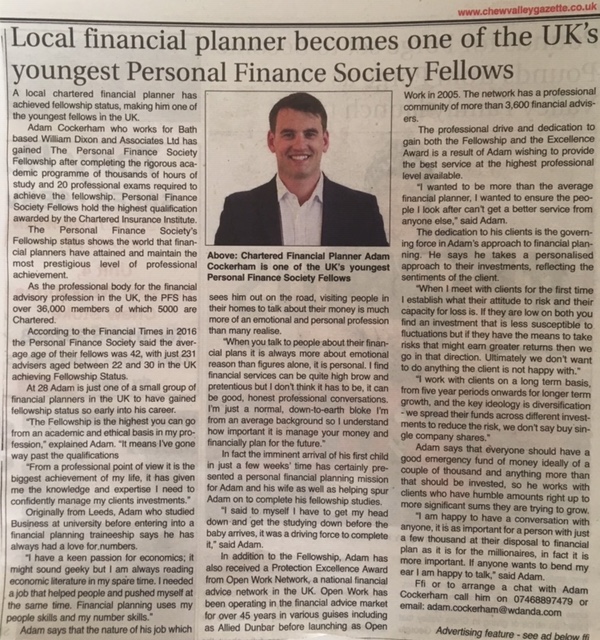Planning the best way to draw your pension savings is not straightforward, after all, there’s no ‘one size fits all’ when it comes to retirement.
Life expectancy, the impact of inflation and the choices available at retirement (thanks to the 2015 Pension Freedoms) are all influencing factors in your decision making. You’ll also need to take into account not just your pension savings but any other investments or assets you might have.
Your pension choices
If you’re aged 55 or over and in a defined contribution pension plan from 6 April 2015, you may be able to access your pension savings in a number of different ways:
- Buy an annuity
- Flexi Access Drawdown
- Uncrystallised Funds Pension Lump Sum (UFPLS)
If you decide not to purchase (or defer the purchase of) an annuity and instead take income using Flexi-access drawdown or UFPLS, adopting the right investment approach and keeping it regularly under review will be all important.
A question of balance
Balancing the potentially conflicting needs of income production and capital preservation is vital. Equally important is an understanding that personal circumstances will change throughout your retirement.
The three ‘stages’ of retirement
The early years
You’re more active and therefore might want flexibility over how you draw your income.
The middle years
You’re getting slightly less active and your lifestyle has settled into a more stable routine, so you’ll need a more stable income level.
The later years
You may need to increase your income to cover, for example, the cost of care.
In all cases, investing and withdrawing in a way that aims to maximise the available tax benefits and minimise tax ‘leakage ‘could help make your objectives easier to achieve. If you have some decisions to make about accessing your savings and, whether and how to continue to invest, it might help to consider:
- The extent to which you would like to leave an inheritance for your family and dependants
- Gifts – either now or in the future.
- Your current essential income needs such as your day-to- day living expenses and other “known/planned” expenditure.
- Your lifestyle and other “non- essential” expenditure such as holidays, new cars, sports and hobbies, entertainment etc.
- Unexpected items such as car repairs, home maintenance and health problems.
- Your current health status
- Future possible anticipated living expenses incorporating, possibly, a budget for care.
If you’d like advice on how you can make more of your investments and pension savings in retirement, or you’d like to find out more about pension death benefits, please get in touch.
The value of investments and any income from them can fall as well as rise. You may not get back the amount originally invested. HM Revenue and Customs practice and the law relating to taxation are complex and subject to individual circumstances and changes which cannot be foreseen.






